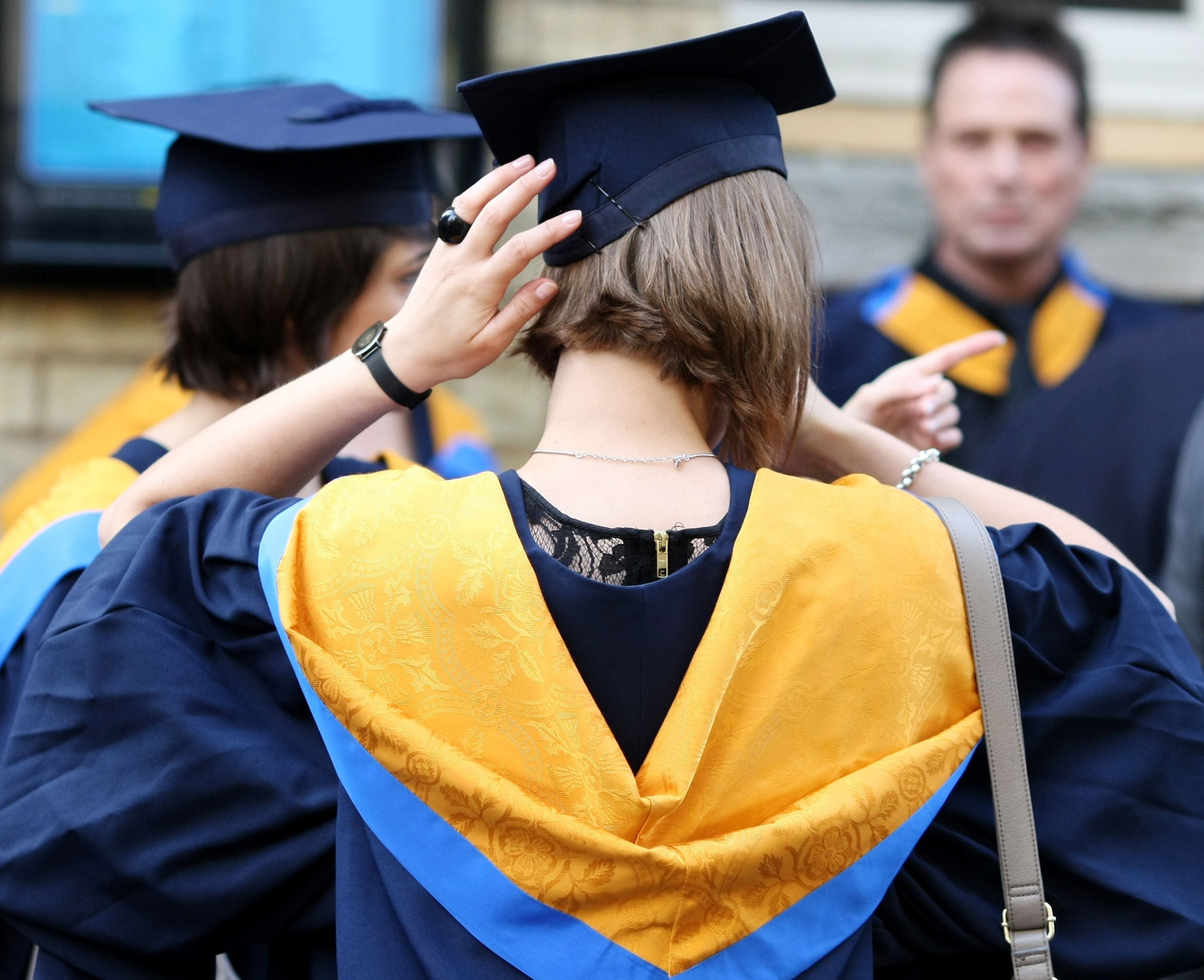Why are many university leaders still receiving pay increases?
Analysis: As many bosses at elite universities continue to take home hefty six-figure salaries, Eleanor Busby looks at why academics and students alike feel that vice-chancellors are ‘out of touch’


The salaries and benefits that university leaders receive have been in the spotlight for years, especially since tuition fees rose to a staggering £9,250 a year.
Increasingly, undergraduates expect money to be spent on their courses, teachers and the wider student experience, rather than on the pay of senior staff.
The recent university strikes have intensified existing tensions between students, staff and vice-chancellors.
It is natural for cash-strapped students to side with their lecturers who say that their pay, pensions and workload have worsened. University bosses are an easy target for anger on campus.
And yet, despite repeated calls for pay restraint across the higher-education sector, as well as from ministers, almost half of vice-chancellors at Britain’s elite universities were handed larger pay packets in 2018-2019.
One university leader saw her salary and benefits package rise by 12.8 per cent to £410,000.
So why are universities still increasing their bosses’ remuneration packages?
Institutions argue that the six-figure pay packets, as high as £550,000, are appropriate for vice-chancellors because they lead increasingly large and complex multi-million-pound global organisations.
They say that the salaries are needed to recruit and retain world-class leaders to British universities, which they argue make a major contribution to the UK’s economy, society and culture.
At the same time, universities across the country receive a significant amount of public funding, so questions have to be asked about whether these pay arrangements provide value for money for the taxpayer.
There have been some signs of pay restraint in the last year, especially when new vice-chancellors have been appointed, but a number of university leaders are still being given above-inflation pay rises.
This comes at a time when students, who increasingly see themselves as consumers, have missed out on weeks of education over the past two years because of an ongoing row between university leaders and their lecturers.
Students have demanded tuition-fee refunds for lost teaching and learning after two waves of strikes during their degrees. So far, only a handful of institutions have offered money back.
Therefore, it is no surprise that academics and students consider university bosses who accept pay rises and greater benefits to be “out of touch” with the current climate on campuses.
If another wave of strikes happens in the spring, then it is likely the row over pay will only get louder and louder.
Join our commenting forum
Join thought-provoking conversations, follow other Independent readers and see their replies
Comments